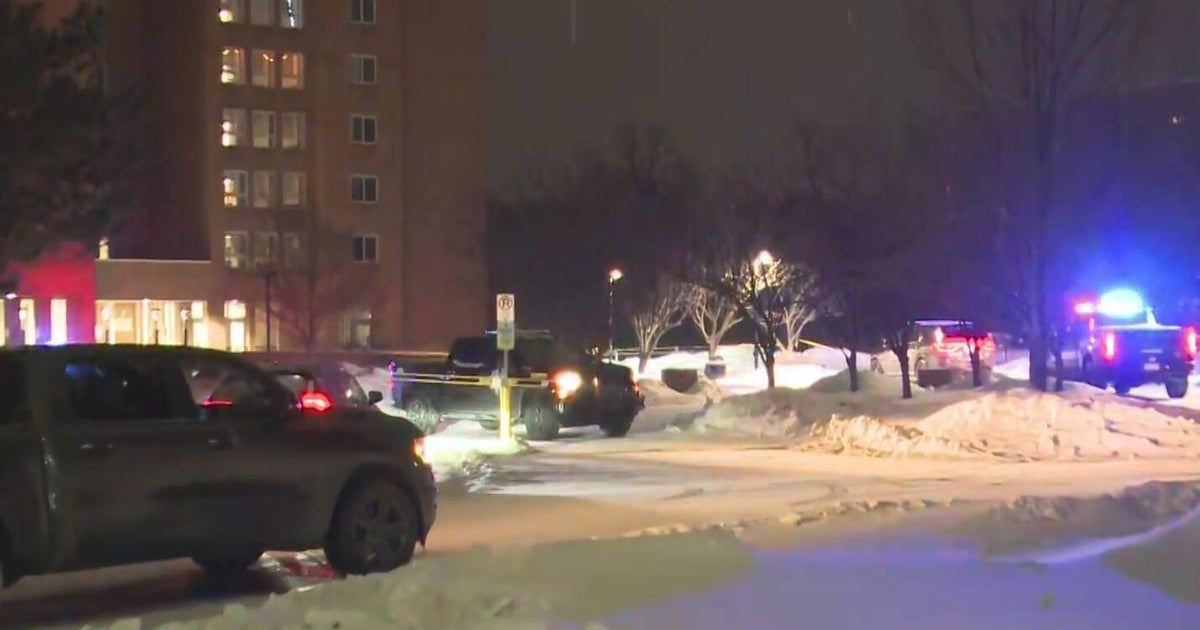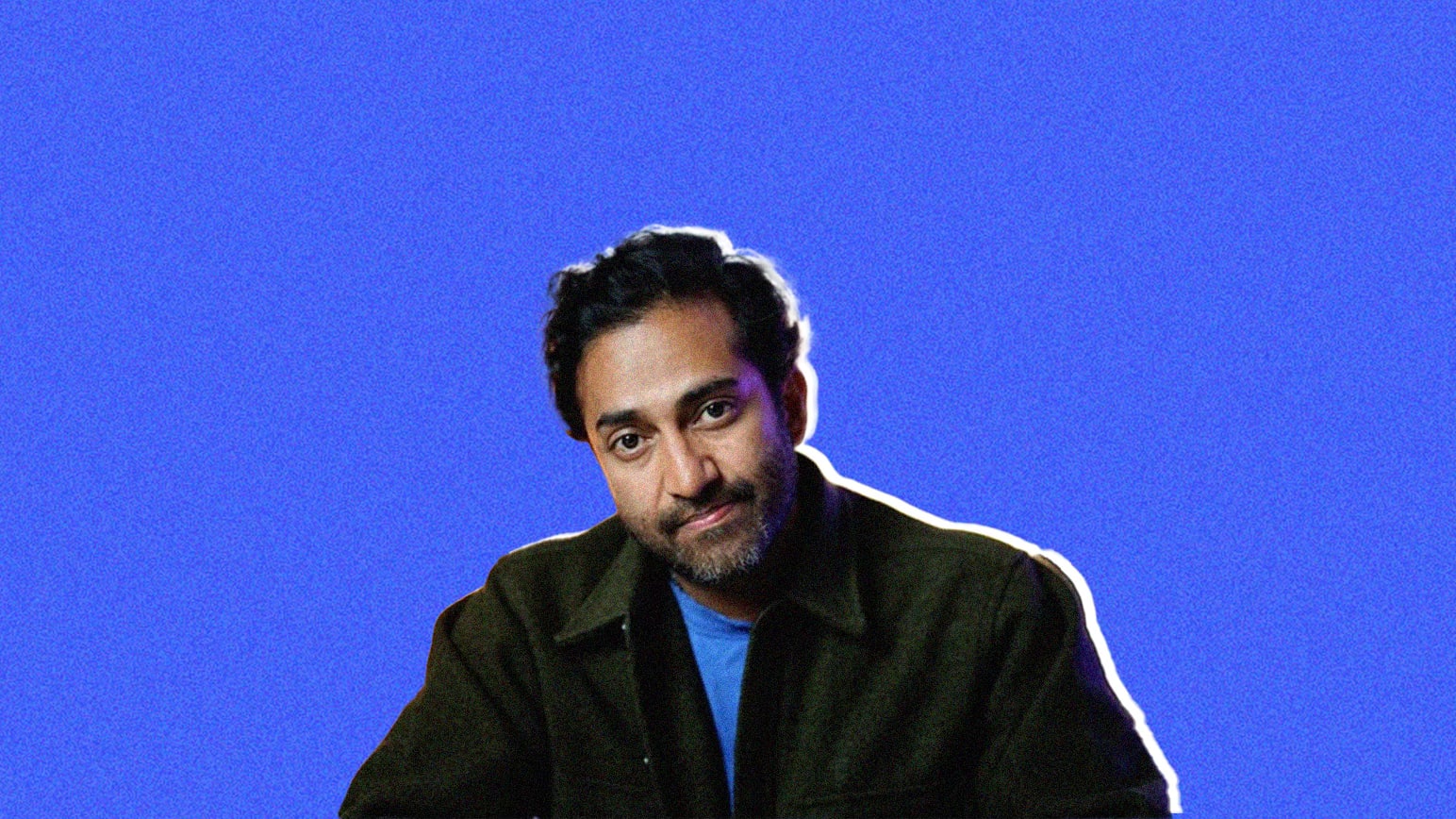FDA launches TV ads featuring magician to fight teen vaping
The Food and Drug Administration is launching its first TV ads to fight teen vaping. The FDA's nearly $60 million initiative, called "The Real Cost," includes new commercials featuring street magician Julius Dein using tricks to educate teens on the risks of e-cigarettes.
The Centers for Disease Control says more than 1 in 5 high school students and nearly 1 in 20 middle school students vape. For high school students, that's a 78% increase between 2017 and 2018.
That's a major problem, according to CBS News medical contributor Dr. Tara Narula. "There can be devastating consequences, and 80% of kids don't recognize that there can be harm," she said. Those consequences include switching to traditional cigarettes: Narula said that kids who smoke e-cigarettes are four times more likely to start smoking regular cigarettes, too.
But there's also a litany of health risks, Narula said. Those include nicotine addiction, which can both affect memory and impulse control and can prime the brain for addiction to other substances. Nicotine can also have cardiovascular effects and damage the lungs – and sometimes, they can explode.
"They've always said all along that it was never targeted for kids -- but you see flavors like strawberry lemonade, strawberry milk, mango," said "CBS This Morning" co-host Gayle King. "Juul didn't have flavors like bubblegum and cotton candy, but other people did. So it seemed like it was very deliberate for teenagers."
On Wednesday and Thursday, a House Oversight subcommittee will look into the role of the e-cigarette maker Juul in the teen nicotine epidemic. Anti-vaping advocates and representatives of Juul are expected to give testimony.
In a statement to CBS News, a Juul spokesperson said the company "share[s] the subcommittee's concerns about youth vaping and welcome[s] the opportunity to appear and share information about our commitment to eliminate combustible cigarettes and our aggressive, industry leading actions to combat youth usage."
And while the FDA's ads are a step forward, "CBS This Morning" consumer investigative national correspondent Anna Werner said parents' groups and anti-tobacco advocates believe they haven't gone far enough.
"If you talk to advocates and parents' groups… they'll tell you that the FDA has talked a good game, but not done enough in terms of regulation," Werner said.
Part of the problem, Werner said, is that kids believe that e-cigarettes are ok because they're healthier than cigarettes. "For adults, it might be better than smoking an actual cigarette," she said. "But the teens have kind of also gotten that message, and they think this is fun, it's cool."
Although use of traditional tobacco by teens hasn't risen between 2017 and 2018, traditional anti-smoking advocates don't yet feel like they've won. "I don't think any of them who are trying to work on this problem are particularly heartened by anything at this point," Werner said. "I think what you'll hear them say is that there's an epidemic of teens using these products… there are all these real or potential health consequences… and they're basically saying on this one, 'the horse got out of the barn.'"
To keep their children from smoking e-cigarettes, Narula recommended that parents stay vigilant and keep their "eyes wide open."
"These devices can be easily concealed," she said. "They can look like flash drives. Some parents have said, 'look, I found this in my kid's backpack for months and I thought it was part of a toy."
She suggested having a conversation with kids in elementary school about the potential health risks, and continuing the conversation as they get older. Typical signs of e-cigarette use include headaches, stomachaches, changes in behavior, lack of concentration, and irritability. If a child is addicted, Narula said, parents should help them seek medical attention instead of punishing them.



